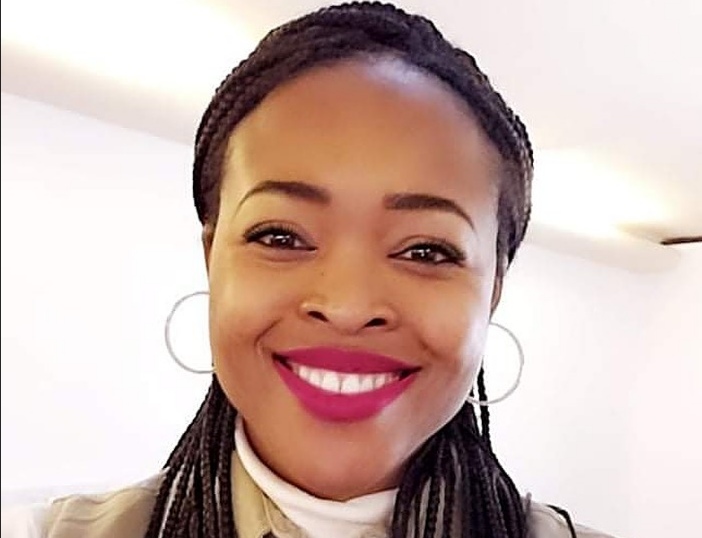The Art of Self-Reflection: A Catalyst For Emotional Freedom, Happiness And Love/Healthy Relationships
When we exercise introspection, we heal ourselves, we heal our personal relationships, our families, and our planet. As we give ourselves that unconditional acceptance and high regard which form the foundation for self-esteem, we change how we perceive our world. This is the love that can function independently and within oneself but yet cherishes and appreciates love as a genuine feeling from another person.
When we love ourselves, we experience the feeling of being surrounded by love. This changes how we act, how we speak, our tone of voice, our posture, the expressions on our face, and what we expect from other people. When we are grounded in our own self-esteem, the dynamics of our interaction with others also change. We move from codependency to healthy relationships with other people, our jobs, our colleagues, our world and everything around us change; when you have established a certain level of sense of self and esteem, you will automatically never feel the need for social validation because you have been programmed to be self-validated as opposed to being socially needy and/or requiring external approval for making personal choices, the risk of the latter being that you will always seemingly fall short of the ideal. Why? Because there is actually no ‘ideal’, you are responsible for setting your own ‘ideal’.
Advertisement
With this type of love, we take responsibility for ourselves, and we don’t have to demand that another person treat us a certain way. Since we have the psychological capacity to acknowledge our own mistakes, we are more tolerant of others’ errors. With the burden of self-incrimination and low self-regard lifted from our own shoulders, we are able to remove it as well from where we have inappropriately placed it – on the shoulders of those around us. Because we take responsibility for ourselves, we can live a life free of blame and guilt, directed at ourselves and at other people.
In doing so, we find out that we are no longer in opposition to others. We become safe and easy to be around. If we are to heal our lives, it is necessary to understand on the deepest
levels that the only person we are responsible for changing or can change, is ourselves. Even children make their own choices regarding thoughts and behavior. At best, a parent wields great influence and provides an enabling environment for growth and development.
How often do we wish that our partner, our children, our in-laws, our boss, and even our friends are different? How often do we have those thoughts without ever really considering that it is our own perspective that is in need of change? We like to think, when we are uncomfortable, that we can influence those around us to behave in a different manner so that we will feel better. This thinking is ineffective, not only because of the resulting opposition, resistance and emotional power plays that it creates, but because it does not address the primary problem: If I am uncomfortable, then I’m the one who needs to change.
Advertisement
This premise cannot be overemphasized. It is a hard pill to swallow but just like fitness, change and progress demand a certain level of discomfort. That we feel miserable is not our partners or spouses fault; we are the architects of our own happiness. Understandably, it takes a constant turning within to remind ourselves that we are the creators of our reality. In other words, much of what happens to us is a consequence of our actions; but we find it difficult to self-evaluate or confront ourselves.
The people around us are mirrors of our internal experience. If we believe we are ugly and unattractive, we will choose lovers who complain about our appearance. If we think we are inept, we will find jobs where our boss gets impatient with our every move. If we think we are responsible for other people’s feelings, we will find ourselves being blamed at every turn.
If we accept the burden of being other people’s savior, they will relinquish the responsibility of fixing everything that’s broken in their lives to us, which is likely to make us lose ourselves in the process. Thus, if we don’t like what is coming to us externally, it is time to check and ensure we are not feeding ourselves the same thing internally. The conflicts that arise and the breakdown of relationships can be traced to having lost the art of self-reflection.
– ChiNna Okoroafor, a Licensed Psychotherapist and Certified Telemental Health Provider, writes from Colorado Springs, Colorado, U.S.A.
Disclaimer: This article is entirely the opinion of the writer and does not represent the views of The Whistler.



